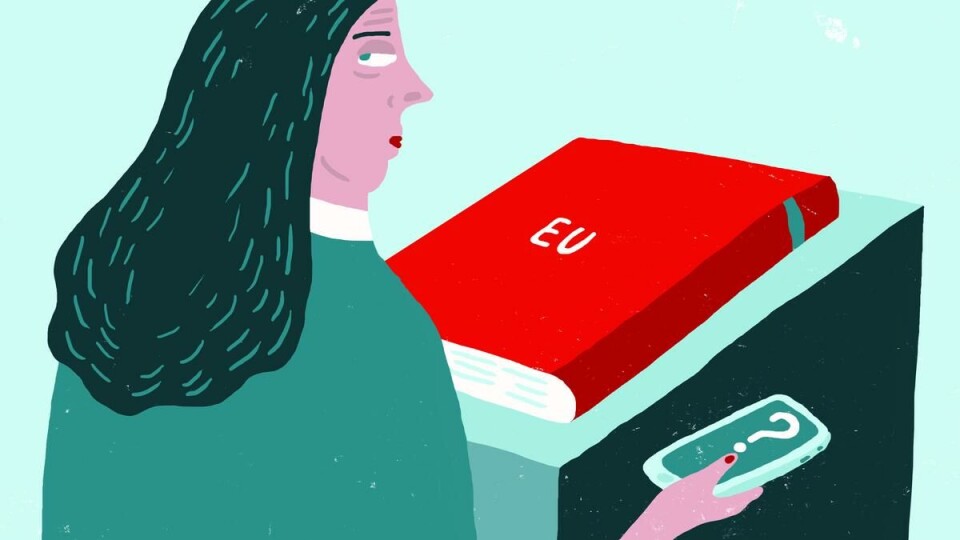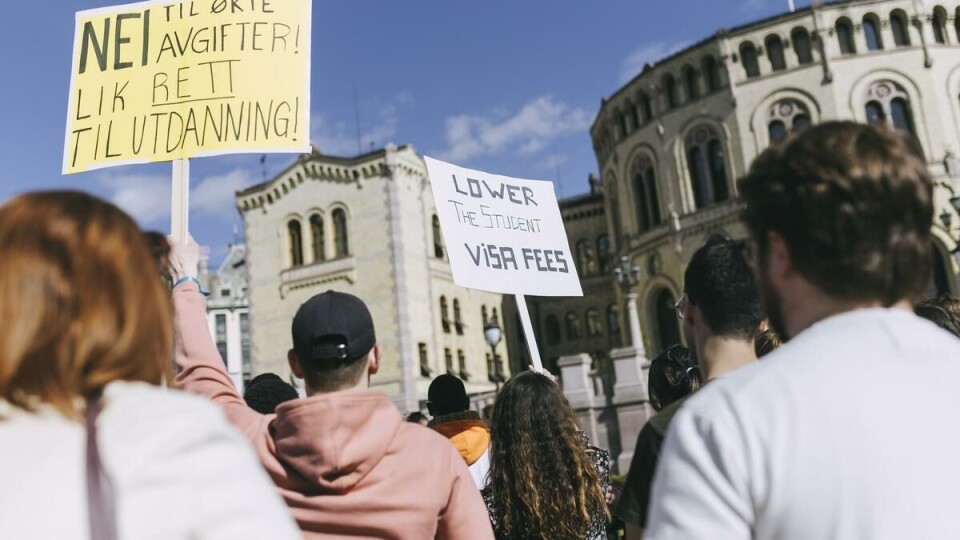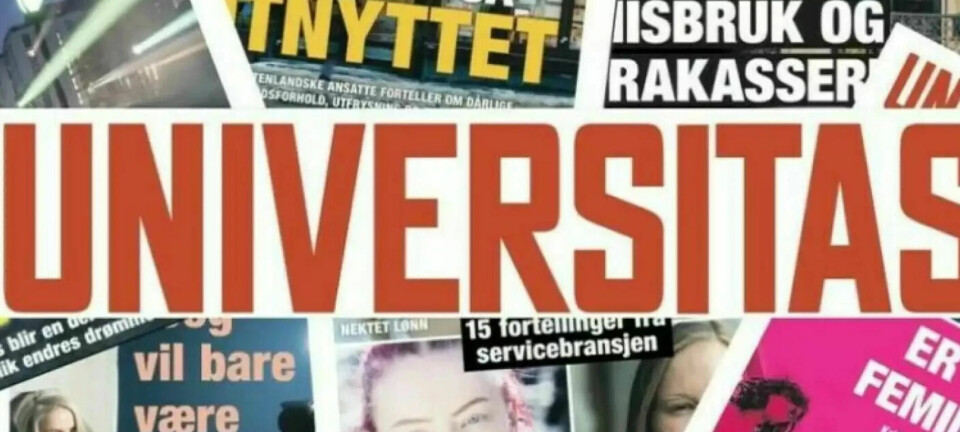
Visa Renewal Process Is Now Longer than Ever
Every year, students from countries outside of the European Union/ European Economic Area face considerable challenges due to the time consuming and tiresome Visa application process. In the last two years, their situation changed for the worse, as the Norwegian administrative systems have reported substantial delays in connection to the Covid-19 pandemic.
The uncertainty and the lack of sense of security due to the prolonged wait for Visa confirmation have substantial and tangible impacts on the students, both emotional and financial. It has been 23 months since the first documented case of coronavirus in Norway - keeping in mind the burden that the delays put on the international citizens living in Norway, one can’t help but ask whether the administration can still be morally justified to use the pandemic as an excuse for the extremely long waiting times.

What does the Visa process look like?
In order to live and study in Norway, international students must apply for a residence permit for studies. The permit has to be renewed every year. The ordinarily lengthy process has become even more complicated due to the substantial increase in the waiting times. Students wishing to live in Norway must attend appointments with the police and hand in documents no later than one month before their residence permit expires. The applications are processed by the police, but they may also be forwarded to the Norwegian Directorate of Immigration (UDI). Currently, it takes 6 weeks to process the application in the Oslo Police District. If they can’t process it, they send it to UDI within 1-2 weeks.
Oslo Service Centre for Foreign Workers (SUA) takes 1 day to process the application but if the application has to be forwarded to UDI, it takes up to a month. If the application is sent to the UDI for processing, UDI waiting times apply. According to UDI, in the case of permit renewal, it takes 7 months to receive an answer to the application from the time the documents were handed in. The extremely long waiting times for the police appointments mean that some students are unable submit the documents on time, even if they sent the application well in advance.
Stuck in Norway
The foreign citizens who, even though they abided by every rule and deadline, do not receive a reply to their application on time, do not have a valid residence card. This means that they are unable to travel within and outside of Norway. They can be stopped by the border control in other countries and risk not being allowed to re-enter Norway if they do decide to leave the country, even for a short period of time. Effectively, the students are stuck in Norway for however long it takes for their application to be processed. They are prevented from visiting their home, families and friends. The emotional impact of not being able to see one’s loved ones is immeasurable. Moving to a different country and leaving one’s support system and everything you know is challenging in and of itself. But not to know when you’ll be able to be with your family again can be one of the most heart-breaking experiences one can go through. It often means missing holidays, birthdays, weddings or sometimes even funerals.

In addition to emotional costs, there is also a very tangible impact of the uncertainty of if and when the Visa will be renewed. Many of those studying in Norway come from remote countries. Using USA as an example, the cost of a plane ticket can be as much as 7000 kr. Not being able to book a fly in advance increases the costs even more, to the point that some students cannot afford the ticket once they receive the response to their application. If they do decide to book a flight early, they risk that, if their case isn’t processed on time, they will have to cancel their ticket and lose all money they paid for it.
“It was your choice to study here”
It is hard to deny that Norway benefits from the presence of international students. The importance of internationalisation and bringing an outside perspective to westernised academia is recognised by the vast majority of students and researchers. International students pay the same university fees, must prove their academic capabilities and go through the same admission process as Norwegians. Many of them work and pay taxes in Norway.

It would seem that the least they could expect from the administration is accurate information and empathy. However, it is not always what they are met with. Artjom Kovrov, a student at UiO from Russia, was hung up on when he reached out to UDI for information about student permits, terms of consideration, and possibilities for prioritizing cases. When asked about the ways the corona situation impacted the renewal process, the operator replied that they will not “sit there and explain everything”. “It was your choice to study here” she added.
Too much at stake to stay ignorant
There is no denying that Covid-19 severely impacted most of the aspects of our lives. But as we are entering the third year of the pandemic, it is high time to question whether the Norwegian administration can still use it as an excuse for the inefficiency of the bureaucratic system. The delays and long waiting times are not only stacks of papers on officials’ desks and unanswered emails. What they truly represent is a substantial toll this state of affairs takes on the lives, emotional well-being and financial situation of countless international students.
































